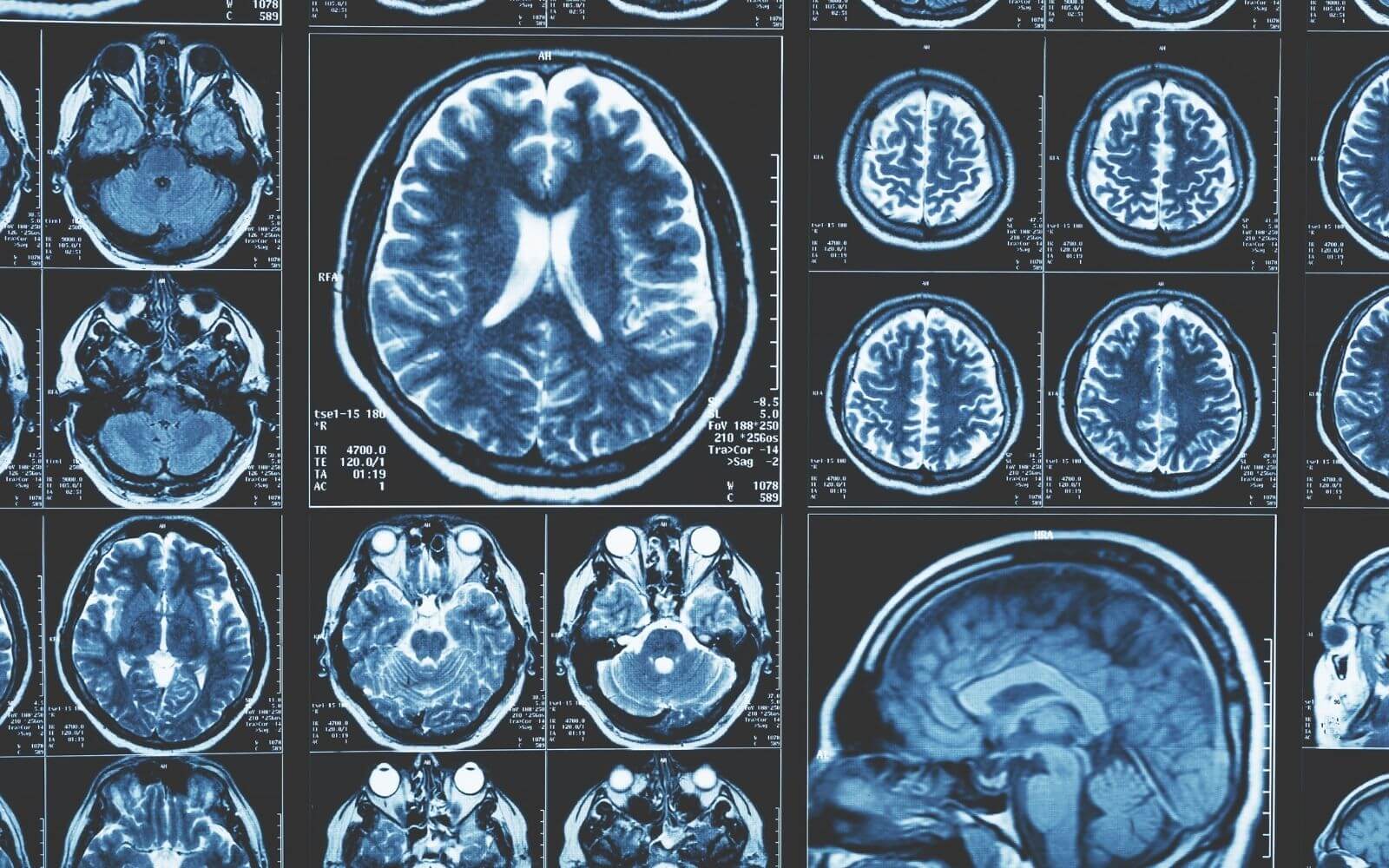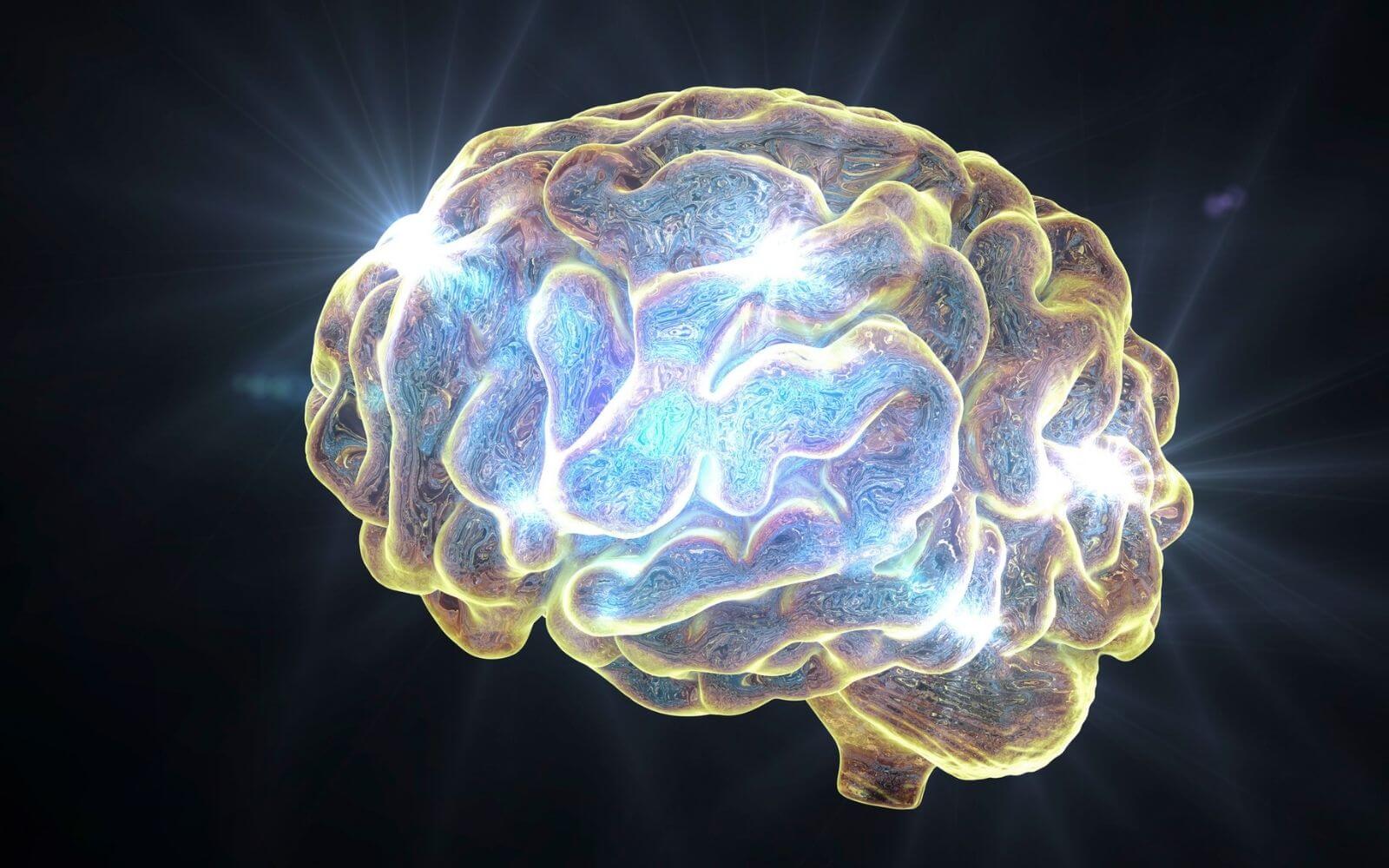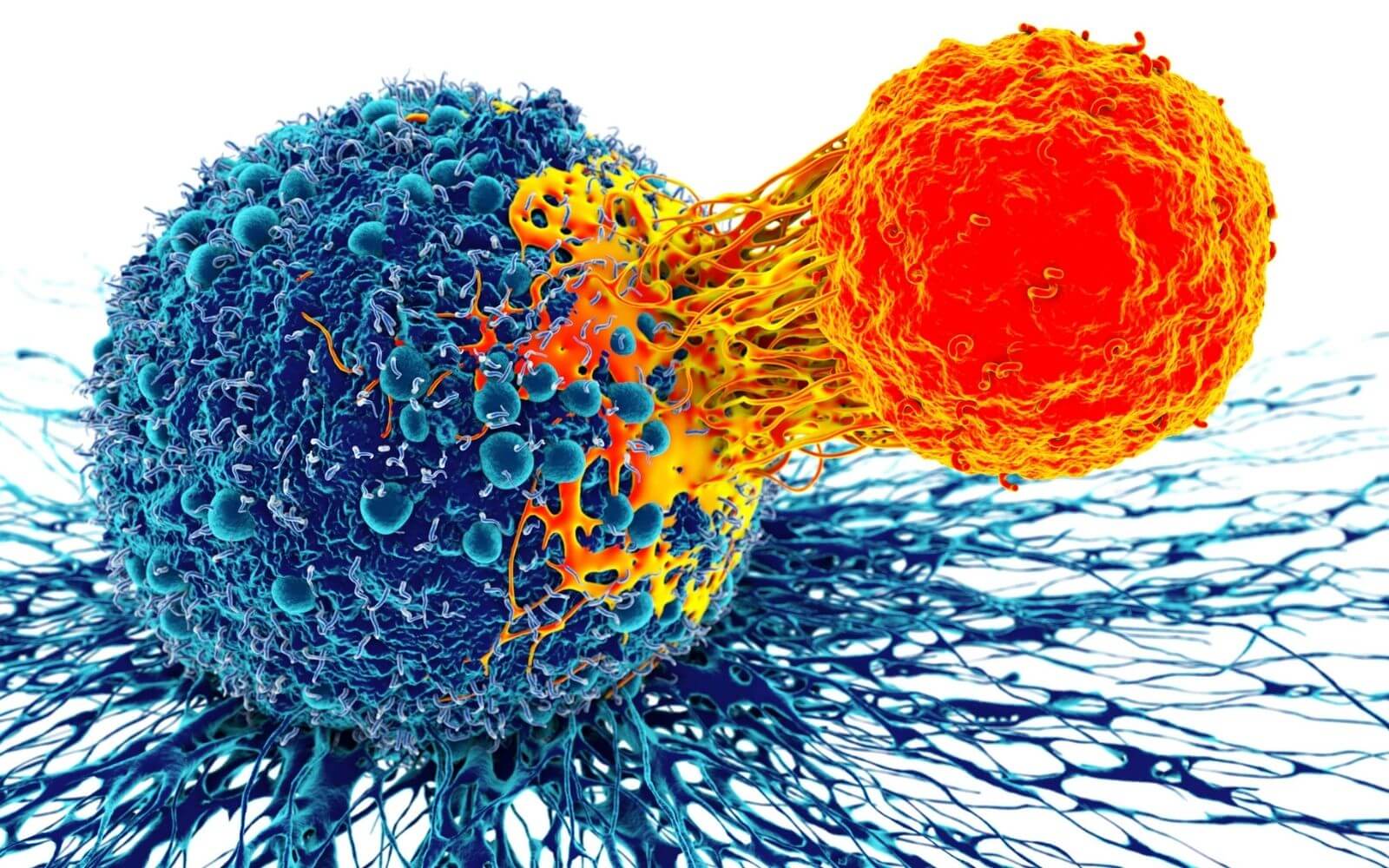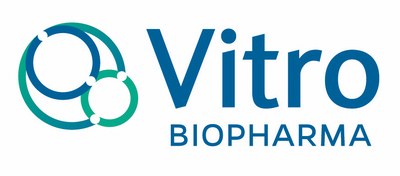Recent Advances in Stem Cell Therapy of Stroke

June 13, 2016
An interim report of a clinical trial of intracerebral injection of stem cells adds to a growing body of evidence supporting safety and efficacy of stem cell therapy for stroke. A clinical team led by Dr. Gary Steinberg at Stanford University Medical Center reported results from 16 patients who received stereotactic injections into damaged brain regions consisting of MSCs that were modified to facilitate their differentiation into neural stem cells. A single injection of 2.5 million, 5 million or 10 million stem cells (without a dose-response) resulted in significant improvement as measured by standard functional impairment scales within one month of injection that grew & persisted throughout a one-year period. The few adverse events were related to the surgical procedure, not the cellular treatment (1). Functional recoveries were quite striking, including patients who had stroke events three years previously who were able to walk following the stem cell injection while previously being wheel-chair-bound.
This and other clinical studies raise the following questions: a) what is the most appropriate stem cell type for stroke and other neurological conditions? b) Does therapy require stem cell delivery to the site of injury? c) Is it necessary to include differentiation agents with the transplants? Stroke, TBI, Alzheimer’s & Parkinson’s disease & ALS are characterized by death of neurons (and supporting & vascular cells in stroke & TBI). Hence, recovery of function logically requires cellular regeneration. Neural stem cells are known to differentiate into neurons, glial cells and vascular endothelial cells while other adult stem cells do not necessarily share this capacity. Transplanted neural stem cells appear necessary for efficacy and the Stanford trial relied on modified MSCs known to differentiate into neural lineages following exposure to appropriate neurotrophic factors (2). Recovery from stroke in other cases occurred by an initial NSC transplant also supporting the necessity of NSCs. This issue could be resolved by a well-designed trial comparing NSCs to other stem cells, e.g., MSCs. Stem cells migrate to sites of injury & inflammation suggesting that alternatives to stereotactic injection such as intrathecal injection may also be effective, although presence of stem cells at the site of injury may be critical. Co-administration of differentiation agents that induce specific cell types, may also promote therapy for PD, AD and ALS.
Vitro Biopharma manufactures MSCs, expansion, maintenance and differentiation cell culture media (the MSC-Gro Brand) for research and clinical applications. It’s clinical grade MSC-Gro™ cell culture media is now being used for expansion of adipose-derived MSCs in the treatment of osteoarthritis and Phase I results show efficacy without adverse events. Vitro Biopharma has also developed stem cell activation procedures for the mobilization of neural stem cells to proliferate, migrate and differentiate into cells lost in neurological conditions. The combination of stem cell activation together with transplantation, e.g., selective activation prior to or after transplantation may enhance therapeutic potential of stem cell transplants for the treatment of various neurological conditions.
By Jim Musick, Ph.D. CSO of Vitro Biopharma/Vitro Diagnostics, Inc. and Tiana Tonrey, MS, Lab Manager, Vitro Biopharma/Vitro Diagnostics, Inc.
References:
- Steinberg, GK, et al., 2016; 47:00-00. DOI: 10.1161/STROKEAHA.116.012995.
2. Dezawa, M, et al., J. Clin. Invest. 113: 1701-1710, 2004
Also in Blogs

Stem Cell Therapy of Stroke: Current Research Support and Clinical Studies

Immunotherapy of Solid Tumor Cancers: Role of Cancer Associated Fibroblasts


